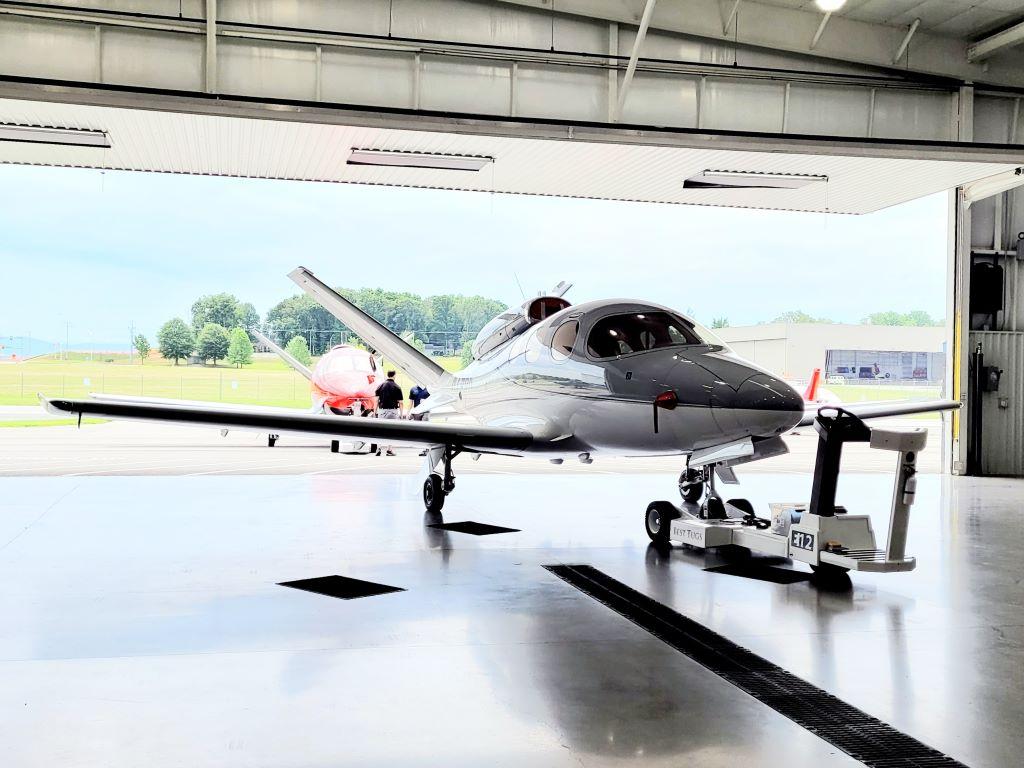
Credit: Molly McMillin
KNOXVILLE, Tennessee—Over the years, Cirrus Aircraft has grown from a small aircraft manufacturer to an organization focused on developing a full ecosystem dedicated to aircraft ownership. That was apparent during a July visit to Cirrus Aircraft’s Vision Center campus here, located at the foot of...
Subscription Required
This content requires a subscription to one of the Aviation Week Intelligence Network (AWIN) bundles.
Schedule a demo today to find out how you can access this content and similar content related to your area of the global aviation industry.
Already an AWIN subscriber? Login
Did you know? Aviation Week has won top honors multiple times in the Jesse H. Neal National Business Journalism Awards, the business-to-business media equivalent of the Pulitzer Prizes.
